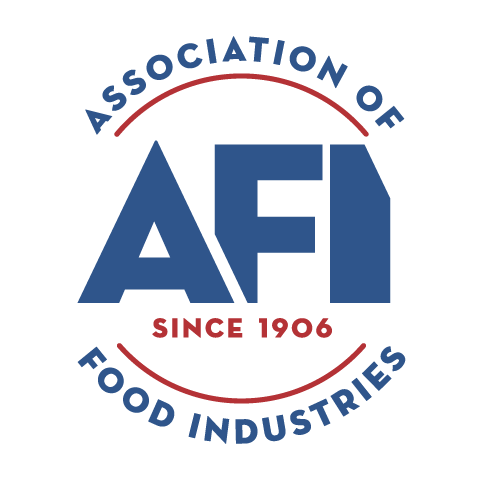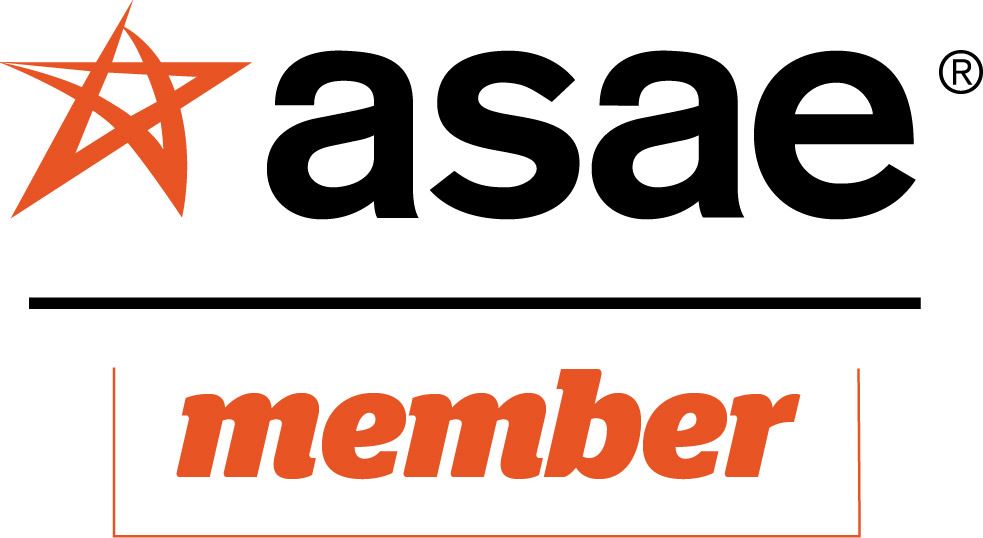The Role of a PCQI for Exporters to the U.S.AFI Staff ReportThe Food Safety Modernization Act, signed into U.S. law in January 2011, created many changes and new requirements for anyone producing food in the U.S. or producing food that will be shipped to the United States. In fact, FSMA resulted in the biggest change to U.S. food law in 70+ years. It’s been 10+ years but – because there were so many changes – some in the industry are struggling to comply. Some of the most-frequently asked questions revolve around the definition of a Preventive Controls Qualified Individual. What is a Preventive Controls Qualified Individual? A PCQI is someone with the training, education and work experience – or a combination thereof – needed to develop and apply a food safety system at a facility that manufactures, processes, packs or holds food. The written food safety plan required of food facilities must be prepared or its preparation overseen, by one or more PCQIs. The PCQI also oversees the validation that preventive controls are controlling identified hazards and the records review. Does Every Facility Need a PCQI? Every domestic and foreign facility that produces, manufactures, packs or holds food (essentially, those required to register with the U.S. Food and Drug Administration), must have its plan written and overseen by at least one PCQI. The PCQI usually is an employee of the facility but companies can also use outside assistance in developing their preventive controls plan. For example, a company can seek help from a food safety consultant in developing its plan. A PCQI is a qualified individual who has successfully completed training in the development and application of risk-based preventive controls at least equivalent to that received under a standardized curriculum recognized as adequate by FDA or be otherwise qualified through job experience to develop and apply a food safety system. Job experience may qualify an individual to perform these functions if such experience has provided an individual with knowledge at least equivalent to that provided through the standardized curriculum. It should be noted the regulation doesn’t prohibit a company from using the services of a single PCQI for multiple locations and there are no restrictions on the proximity of the locations that are under the direction of any particular PCQI. However, given the ongoing need to oversee aspects of the facility’s food safety plan, it’s typically best for the PCQI to work in the facility. How Does a PCQI Demonstrate His/Her Qualifications? As noted above, the Preventive Controls for Human Food final rule states a PCQI is an individual who has successfully completed training in the development and application of risk-based preventive controls at least equivalent to that received under a standardized curriculum recognized as adequate by FDA or be otherwise qualified through job experience to develop and apply a food safety system. However, the rule doesn’t require specific certifications, including certification by the Food Safety Preventive Controls Alliance – a public/private partnership funded by FDA that has developed FDA-recognized curriculum for training on this and other FSMA rules. Taking the FSPCA course isn’t mandatory but it’s the best way to ensure a potential PCQI understands the regulation and its requirements. The course is offered in-person, online or in a hybrid format in which attendees do some of the training on their own before finishing it in-person. The course is offered in many different languages. Information on course offerings is available on the FSPCA website. Some are scared away because of the length of the course – 20 hours. However, the fact that it’s the FDA-recognized curriculum, has examples of how to address the requirements and includes group exercises that help reinforce what’s covered in the slides and presentations make it time well-spent. Course fees varies, as the FSPCA doesn’t set pricing. However, someone considering FSMA training should be certain the course being offered is the FSPCA course and should request information about the instructors to help in comparing pricing. The lowest or highest price doesn’t necessarily signal to use or avoid a course offering. There are some who offer FSMA training that’s not the FSPCA curriculum. That’s a warning sign because it means the instructor did not take the time to become a certified FSPCA instructor. As such, he/she might now know the regulations as well and isn’t privy to updates the FSPCA provides to its instructors. In general, FDA will assess the adequacy of a facility’s food safety plan rather than an individual’s documented qualifications but one of the first steps of an inspection is the review of the qualifications of the PCQI(s). I Have Many Certifications. Do I Still Need to Take the FSPCA’s PCQI Training? No. BUT, the FSPCA course is clearly the best training available on the rule and on preventive controls. An individual might be an expert in HACCP, for example, but with no training in preventive controls and how that food safety paradigm is different from HACCP, he/she will not meet the PCQI definition. Can We Have More Than One PCQI? Absolutely. In fact, it’s often best to have more than one. Most facilities have enough taking place in them that it’ll take more than one person to effectively monitor that all food safety steps are being carried out. What Happens if Our PCQI Leaves the Company? This is perhaps the best reason to have at least two PCQIs at each facility. If you have one PCQI and he/she leaves, you no longer have a PCQI for that facility and are no longer in compliance with the regulation. To take it a step further, the same issue can arise if the lone PCQI is away an industry event, on vacation or ill. Rather than take that chance, companies are advised to have at least two PCQIs associated with each facility. In addition to avoiding the scenario above, having the second person as a PCQI puts a checks-and-balances system in place because it’ll result in a second pair of eyes reviewing records, etc. How Does the PCQI Interact with U.S. Importers? U.S. importers (and perhaps their customers) are required to have certain documentation from their suppliers. In general, in addition to the food safety plan, the importer needs records on a per-shipment basis that demonstrate the food was produced in accordance with the facility’s preventive controls plan and is safe. Therefore, the relationship with U.S. importers has changed somewhat. While food safety and quality have always been important to importers, FSMA requires them to have these food safety records from their suppliers available at a moment’s notice. To do that effectively, they need to collect and review them on an ongoing basis. Conclusion All of this sounds like – and is – a lot of work. Some say rather than do it, they’ll sell to other countries. However, many other countries have similar or more-strict requirements. There’s a pretty good chance a facility selling to multiple countries is already doing much of what’s required. Most shortcomings involve recordkeeping. The investment in training to make sure a firm’s food safety leaders understand how to demonstrate compliance will reap rewards because employing a knowledgeable regulatory professional creates a point of difference from less-committed competitors. |
Coming Soon:2021 U.S. Food Import Industry Annual ReportChairman's Report - James Libby President's Report - Bob Bauer North American Olive Oil Association - Marco de Ceglie Processed Foods - Josh Gellert Nut & Agricultural Products - Travis Walvoord National Honey Packers & Dealers - Greg Olsen Regulatory and Trade IssuesFDA Vision of New Era of Smarter Food Safety FDA Marks FSMA's 10th Anniversary Balancing Today, Tomorrow, Key for Continuity Producers Must Comply with Intentional Adulteration Regulation Nutrition Facts Panel Changes in Effect The Role of a PCQI for Exporters to the U.S. M&A Activity Continues in Pandemic |



